Major Cell Phone Carriers Fined $200 Million After FCC Discovered Illegal Location Data Sharing
A recent fine from the FCC has the public concerned about the state of their data.
The Federal Communications Commission has fined some of the US’s largest cell carriers more than $200 million.
Most Large Carriers Are Included in the Decision
Due to the breach of contract, punishments have been handed down to Sprint and T-Mobile (who have already merged) for more than $12 million and $80 million, respectively. Verizon will be forced to pay almost $47 million.

Source: T-Mobile Arena/Wikipedia Commons
The biggest fine so far is AT&T with more than $57 million in an attempt to hold carriers accountable for their actions.
Reasons for the Massive Fine
In a press release, the Commission states that AT&T, Verizon, T-Mobile, and Sprint have been found guilty of sharing users location data without obtaining the proper consent.
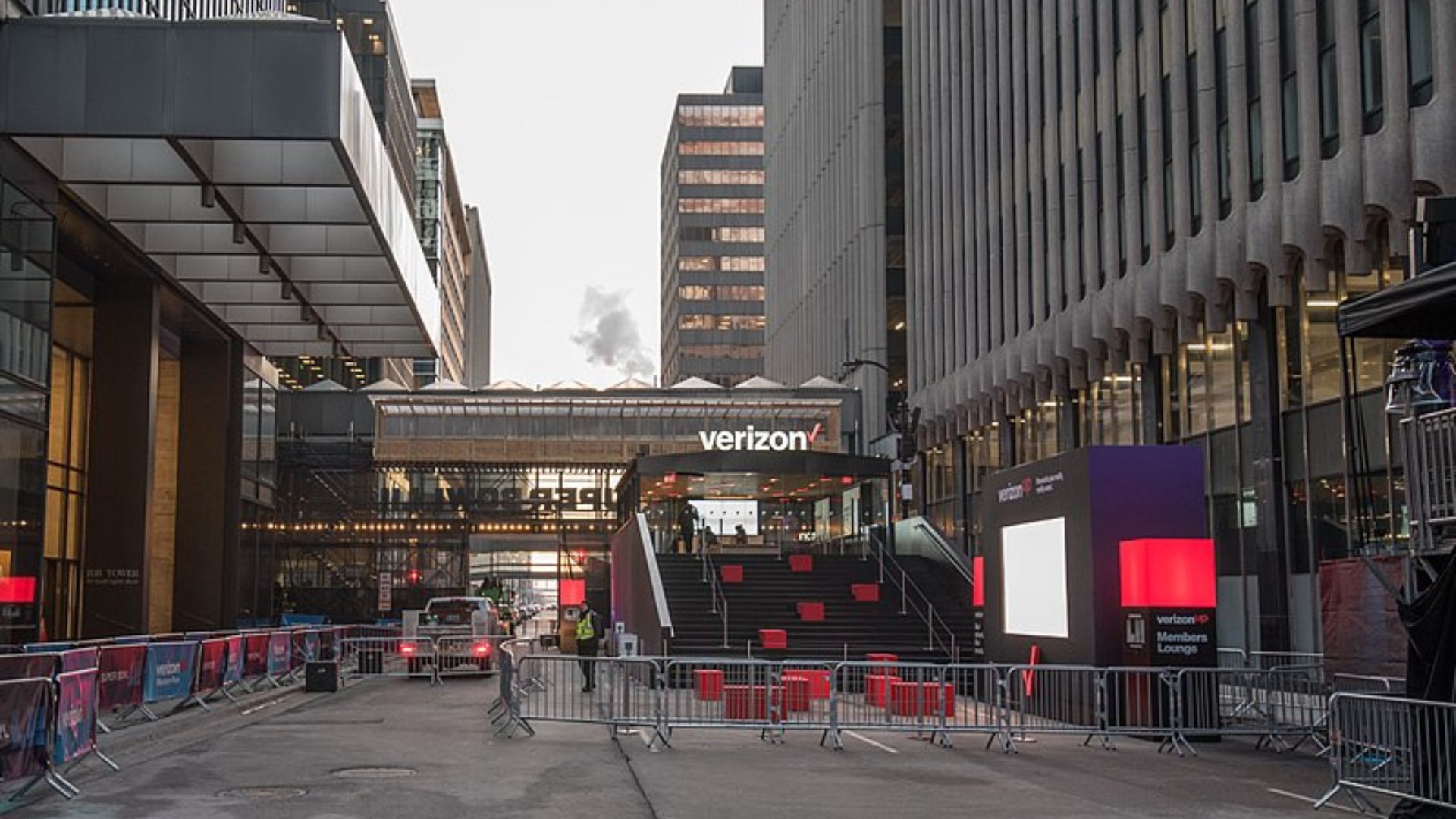
Source: Super Bowl LII/Wikipedia Commons
In the release they share that carriers have a duty to protect the sensitive data of their customers. Instead, the carriers charged have breached contracts by allowing third parties to use data for illegal reasons.
Why a Fine Is Necessary
It might seem confusing as to why mobile carriers are in hot water because of location sharing.
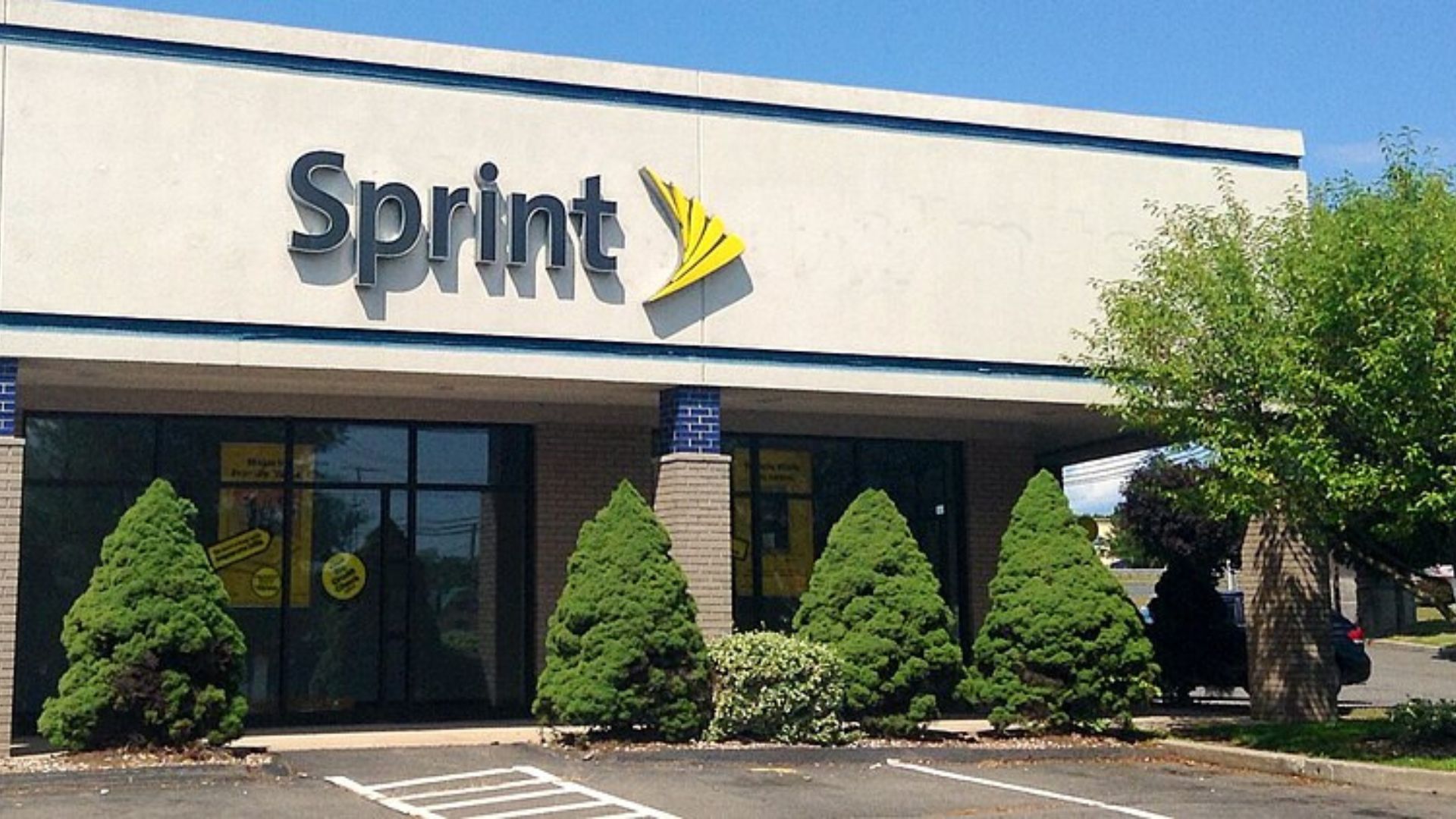
Source: Sprint/Wikipedia Commons
However, in contracts with customers, there are provisions that do not allow companies to track or share data with outside companies.
Specifics of the Wrongdoings
Each company has been charged with selling access to its customers location data without their consent.

Source: Taylor Grote/Unsplash
The Commission alleges that the carriers used location information as a commodity for third-party location-based service providers. The companies in question did not attempt to get customers consent, which directly touts contracts and strict rules about data sharing.
Carriers Were Made Aware of the Issue
The process to be able to hand out millions of dollars in fines is a lengthy process that takes months and hundreds of hours from qualified investigators.
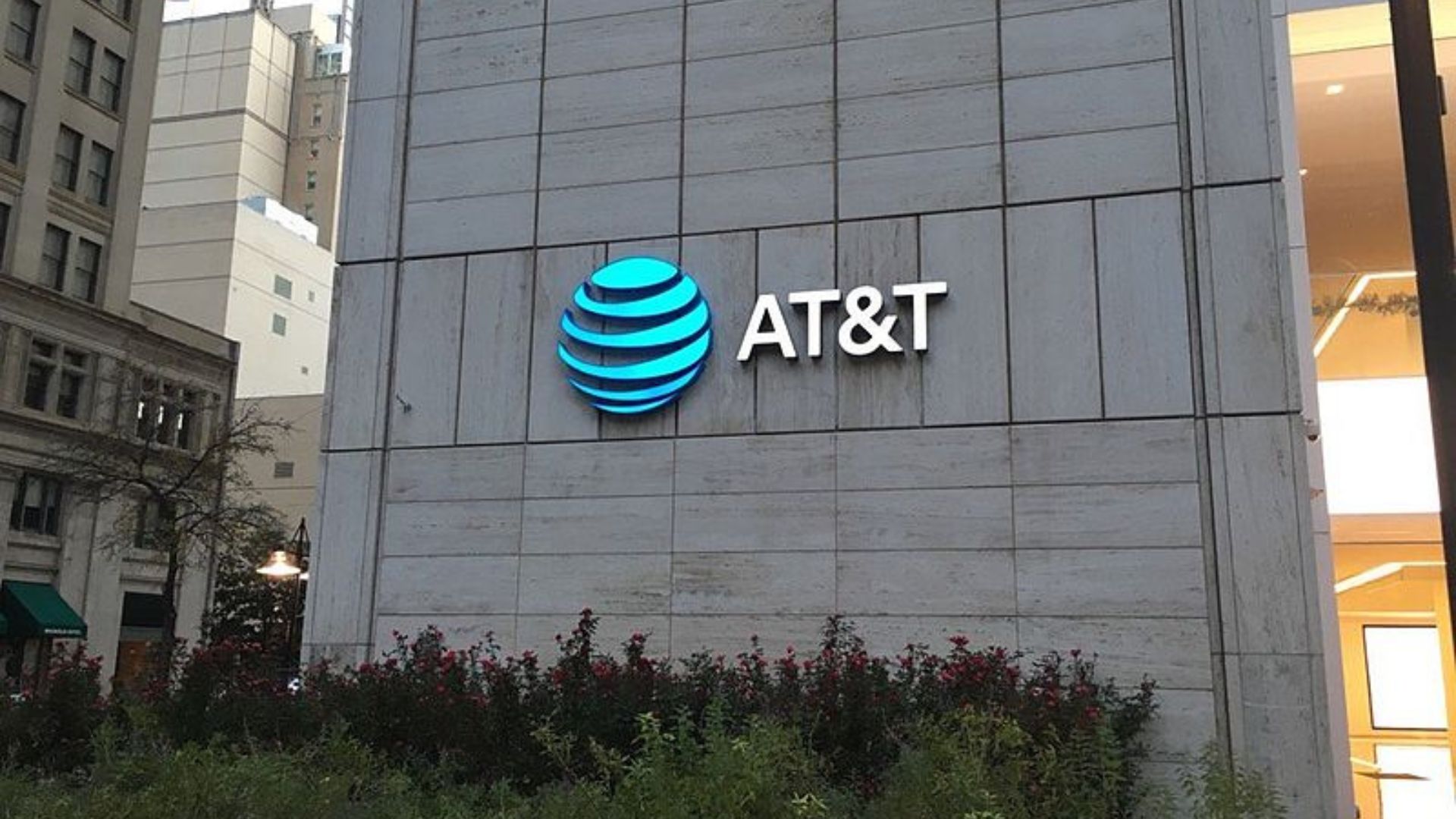
Source: Luismt94/Wikipedia Commons
The mobile carriers have been made aware in the past that this practice is illegal and could result in massive fines. However, after being made aware of the wrong-doings, the cell carriers did nothing to try and mitigate the situation and to try and protect user data.
Journalists Uncovered the Issue With Excellent Work
The issue first came to the attention of the FCC when tech journalist Joseph Cox uncovered the issue when looking for a “phone bounty hunter.”

Source: Jana Shnipelson/Unsplash
Through his investigation to try and geolocate a phone, he discovered that T-Mobile, AT&T, and Sprint sell real time data to third parties.
Cell Phone Providers Had the Opportunity To Make Right
Once Cox alerted the FCC of the potential violations, all companies involved were alerted of the issue and had the opportunity to potentially avoid the massive fines.

Source: Austin Distel/Unsplash
Although the companies involved pledged to lock down the data sharing issues, no resolutions were ever reported. The fines were therefore pushed through.
AT&T Fighting Back Against Allegations
In a press release, AT&T spokesperson Alex Byers made some harsh allegations about the fines that the FCC laid on the company.
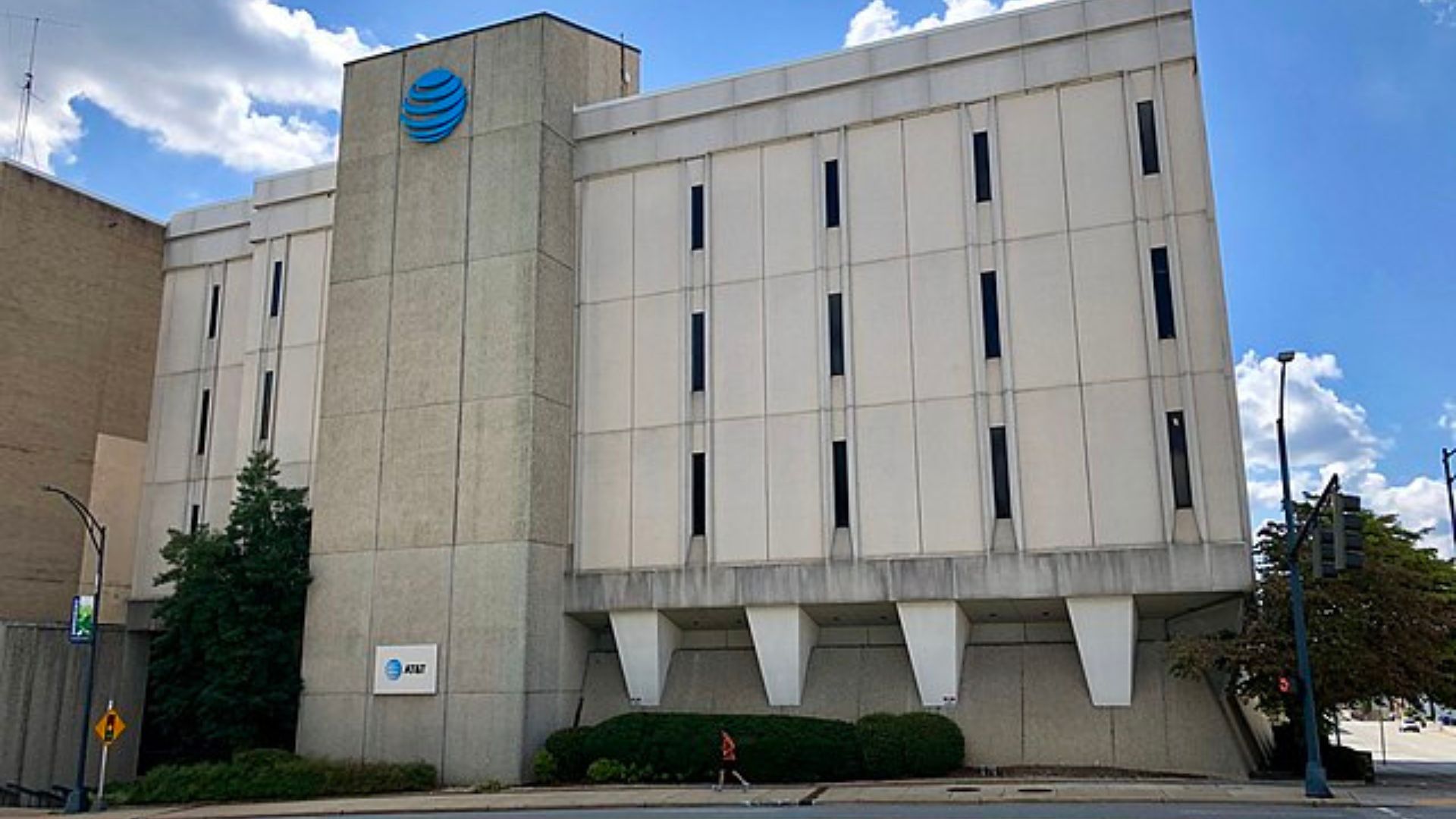
Source: Public Domain/Wikipedia Commons
He alleges that the fines “lack both legal and factual merit. It unfairly holds us responsible for another company’s violation of contraction requirements to obtain consent.” However, it is not the third parties who purchased the information who breached contracts, but the carrier who promised not to sell data.
Companies Looking To Appeal the Decision
Unsurprisingly, after hearing that the company would need to pay more than $57 million, the AT&T plans on taking the fine to court in an attempt to have the order appealed.
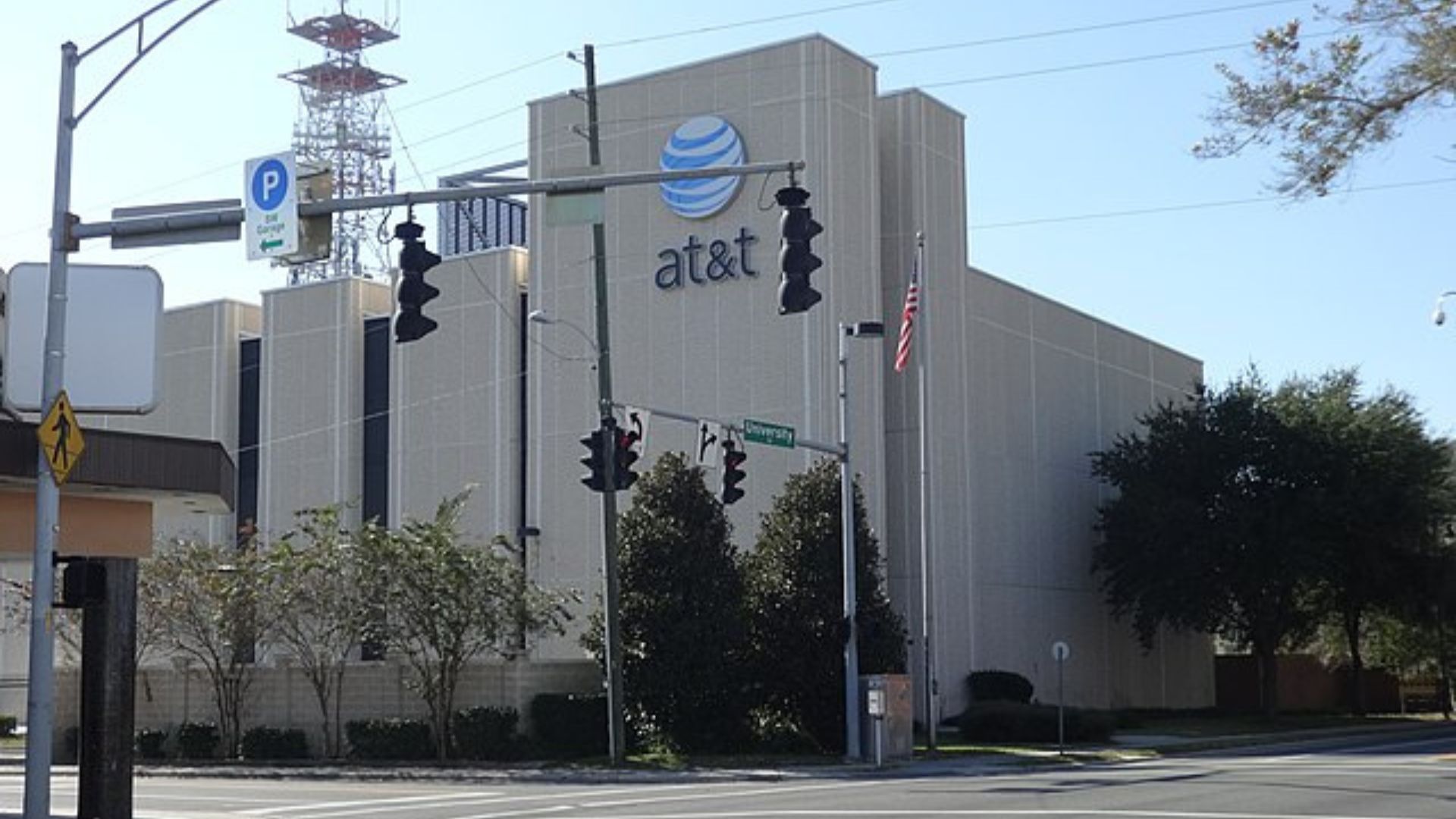
Source: Micheal Rivera/Wikipedia Commons
It’s unknown how often FCC violations can be overturned in court, since mobile carriers and internet providers sign contracts and share agreements with the Commission.
What Does the FCC Do?
The Federal Communications Commission works to regulate all communication through radio, TV, wire, satellite, and cable in the U.S.
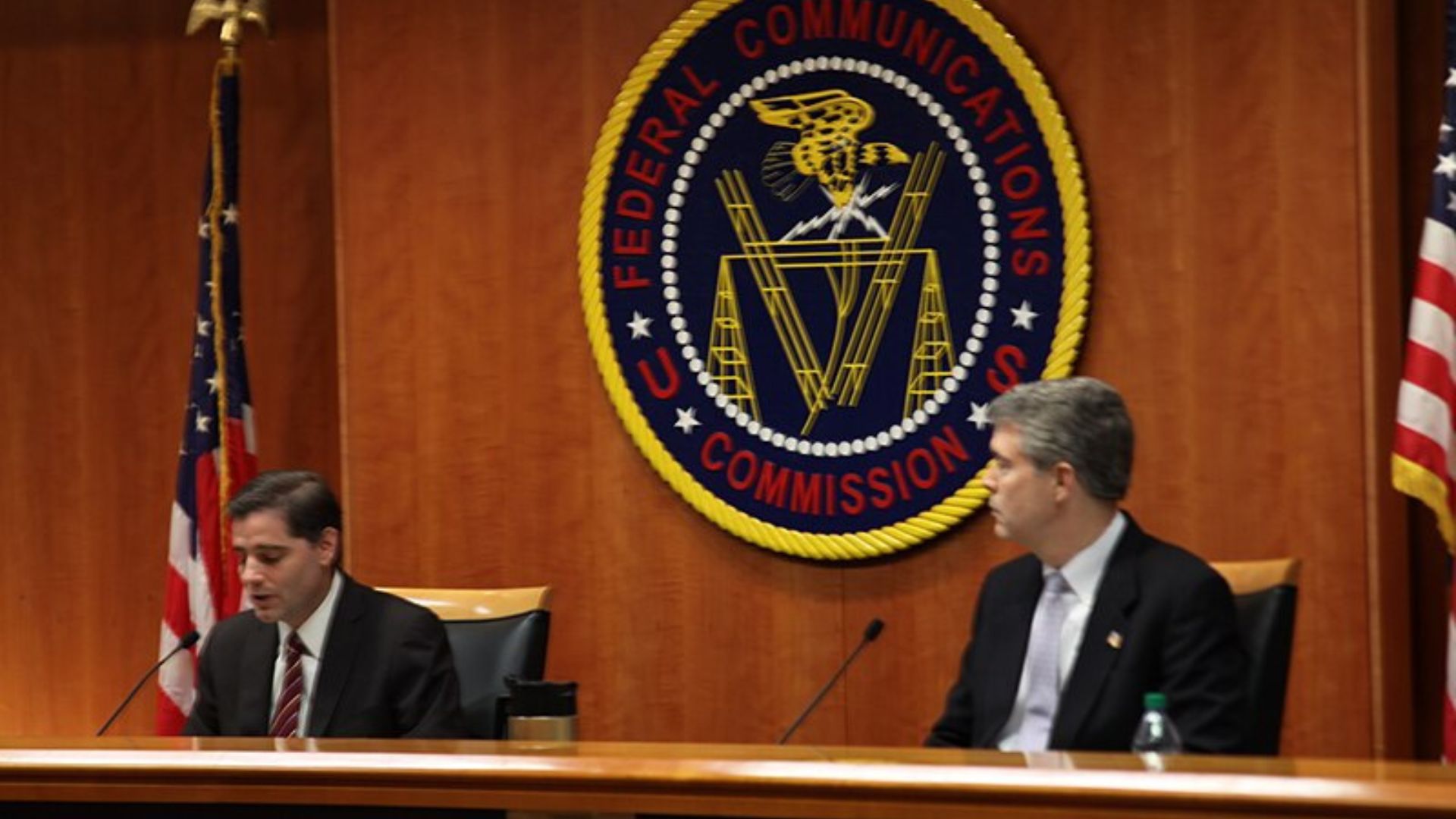
Source: Federal Communications Commission/Wikipedia Commons
They are the entity that holds cell phone carriers, TV stations, and internet providers responsible for their actions. If something offensive appears on a cable show, the TV station can be held accountable for the breach of contract.
Verizon Claims the Issue Is Due to One Bad Actor
After being reached for comment, Verizon spokesperson Richard Young claims that the company was taken advantage of by “one bad actor.”

Source: qwesy qwesy/Wikipedia Commons
Their claims say that one individual is responsible for selling data of a very small number of customers and that the FCC “got it wrong.”
